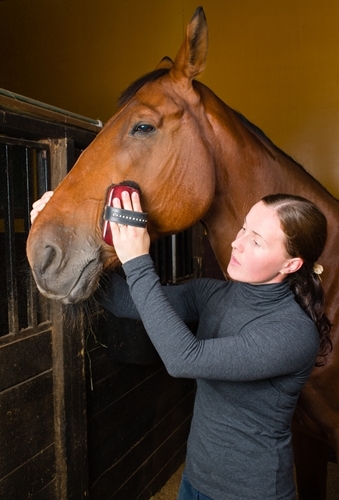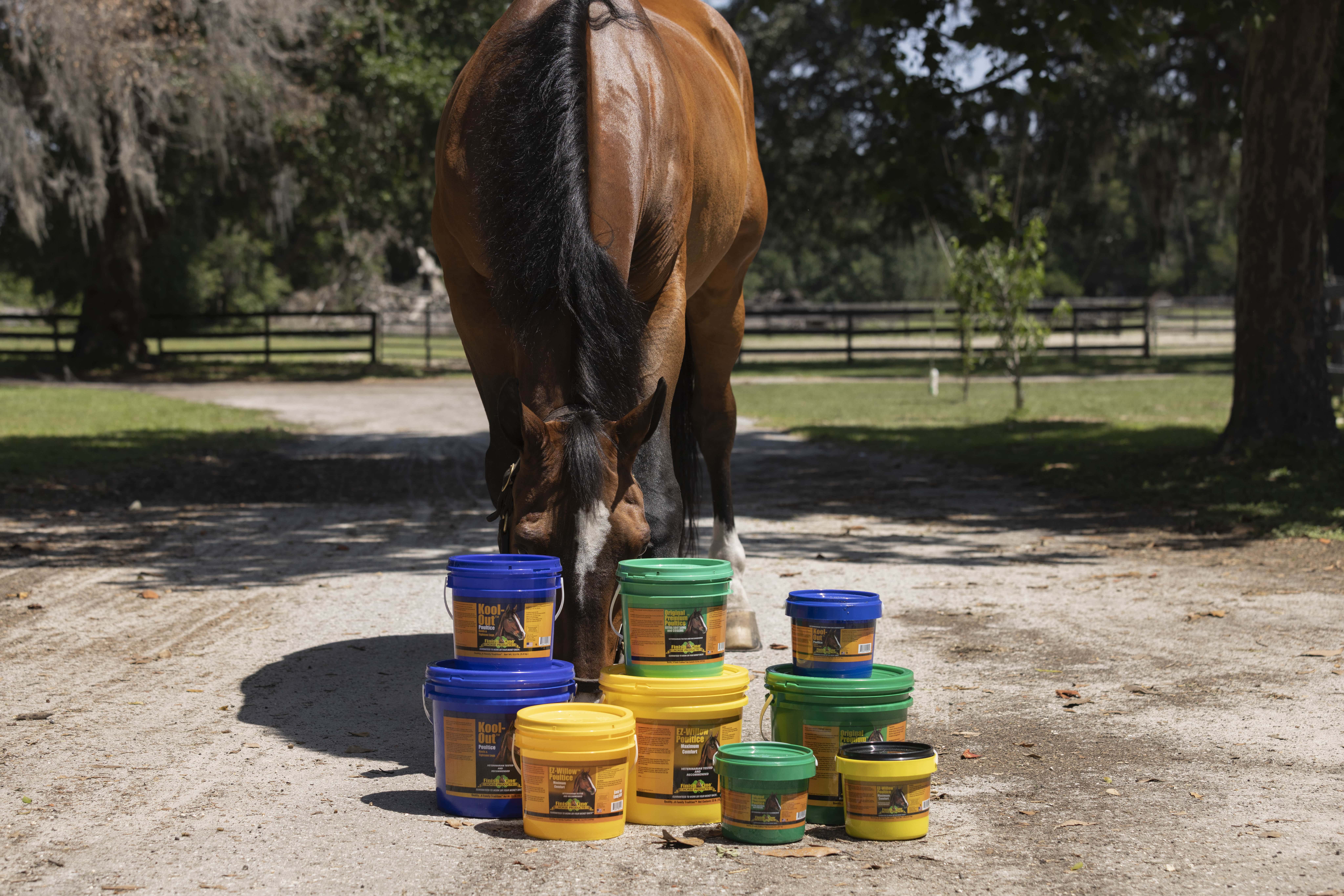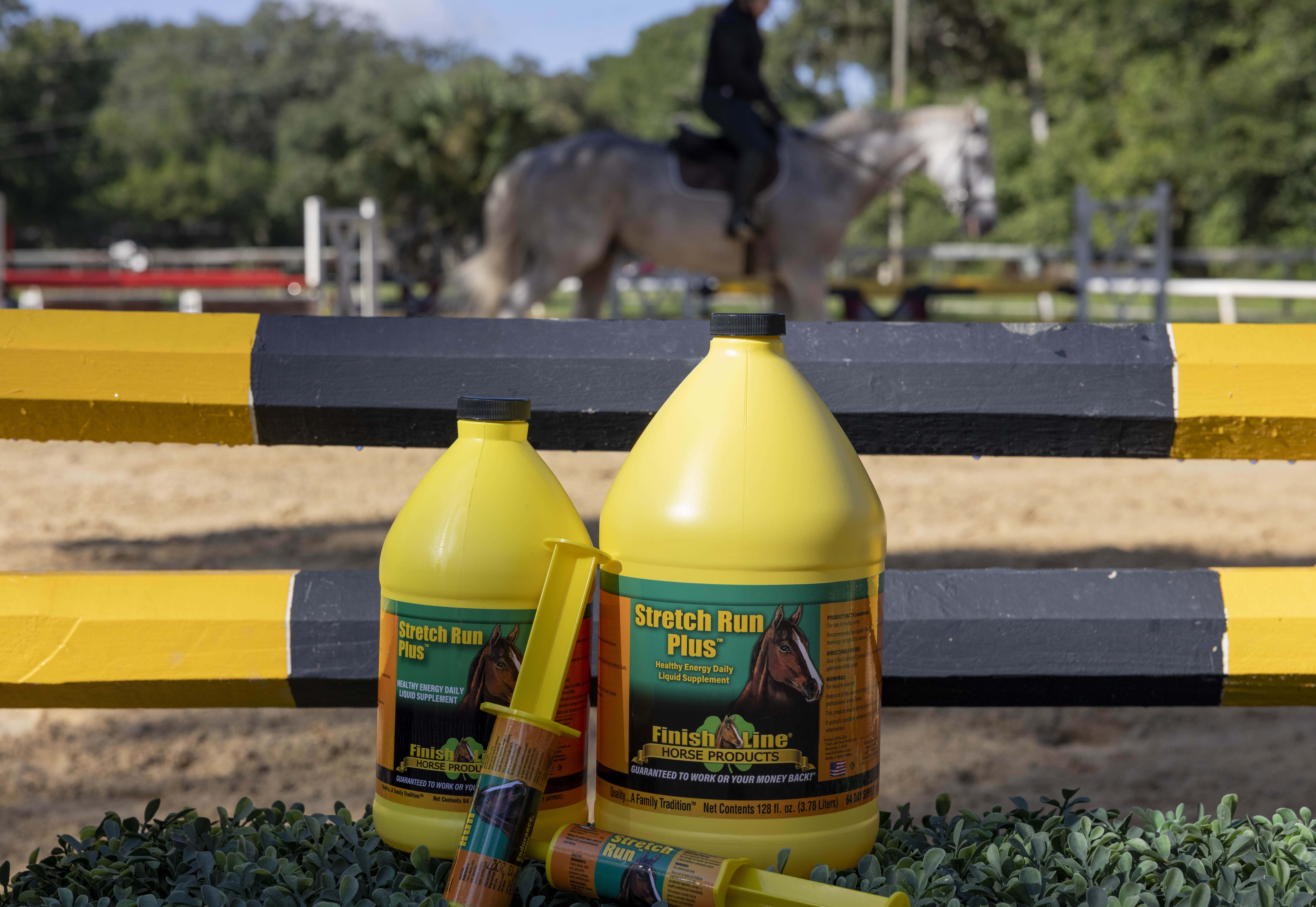Dedicated equine owners understand that horses are a responsibility and a half. Much of the week’s work revolves around taking care of, training and nourishing these four-legged friends, whether they’re bred for racing, show jumping, dressage or any other sport. But with so much emphasis placed on the animal member of the family, it may be hard to balance other schedules and family responsibilities. To make sure all the bases are covered, check out some pointers for horse-life balance:
Teamwork is key: Taking care of a horse is rarely a single-person job. It requires a team of individuals – a vet, athlete, owner and other experts. If you have a spouse, kids or relatives staying in the house, have them lend a hand – it doesn’t even have to be with equine-related tasks, but could cover household chores to free up time to care for your horse. It’s also helpful to rank priorities and delegate which duties you believe could be best handled by others.
Keep a day planner: Day planners are the best calendars and can help you keep track of what you need to do from morning until night. Include any other important family members’s calendars as well. This feature will coordinate times and events, reducing any miscommunications.
Communicate: With that said, talk with your family, vets, riders, staff and other members of the team on a regular basis. Often, it may be a never-ending chain of messages, chat, emails and notes, but your horse will thank you. Keep up on orders of hay and American-made horse products. Equine health is the center of attention. If necessary, make a plan of action at the start of the week and try to stick to it as the days go on.
Allocate time for horse care: Dedicate time to your horse. Figure out how long it takes to feed it and provide ample amounts of exercise as well as training. All of these things will lead to a healthy, happy horse. Owning a horse is a huge responsibility and horses are, by nature, companionable animals meant to graze in open spaces, according to Horses and Horse Information. Let it run free regularly.
Supply your horse fresh, clean water. If you’re using a watering bucket, you must refill it at least twice a day and whenever it is empty. A watering trough should be checked during the winter months to prevent the pipe and water surface from freezing.
Although there is no specific acreage requirement for a horse, most owners believe 1 acre of pasture will suffice, Horses and Horse Information reported. Your pasture has to be fenced and weeded. Poisonous plants include ragwort, foxglove, buttercups and oak leaves, among others.
The stable must be mucked out daily. In the circumstances that your horse is stabled all day, it should be cleaned as much as three times a day. To do this, remove any droppings with a shovel and wheelbarrow and rearrange straw or wood shavings to provide warmth. Additionally, if a horse is stabled for the majority of the day, it must be groomed daily to make sure its coat stays healthy.








